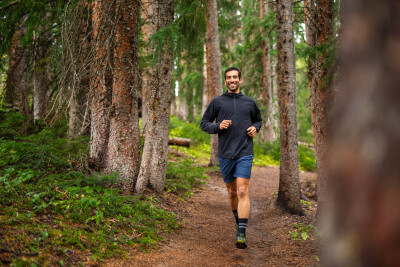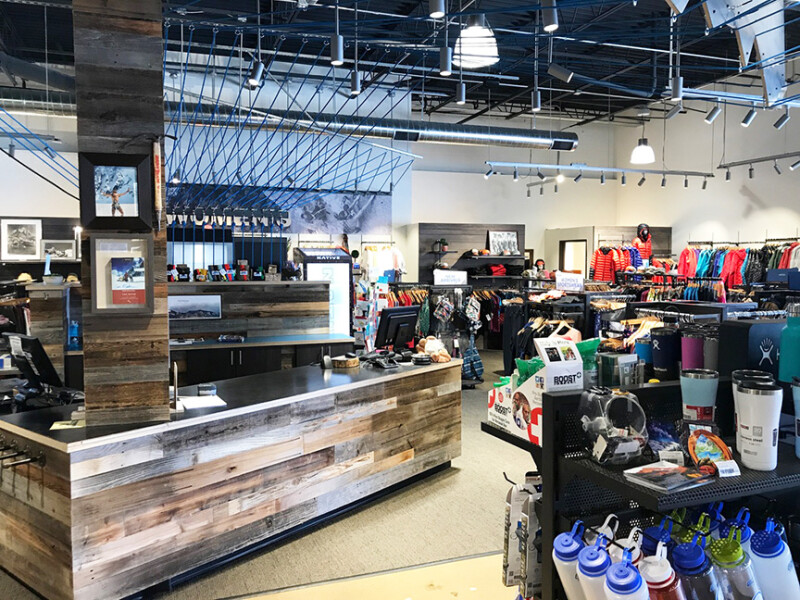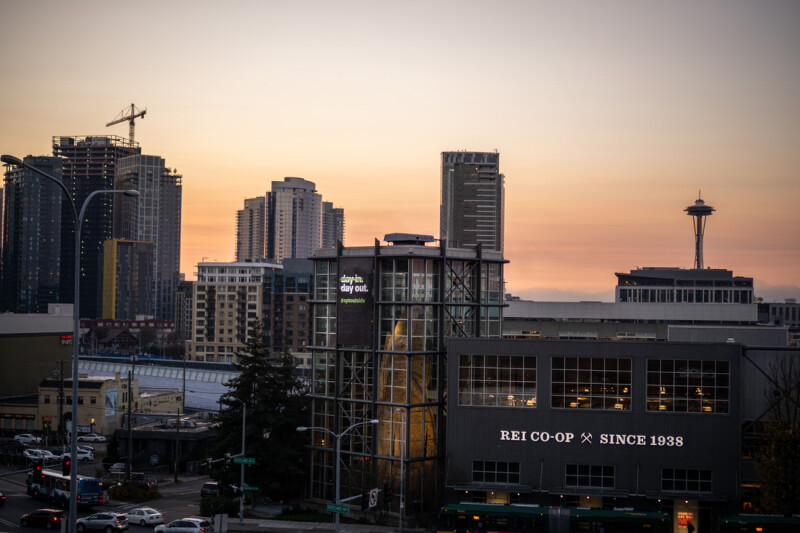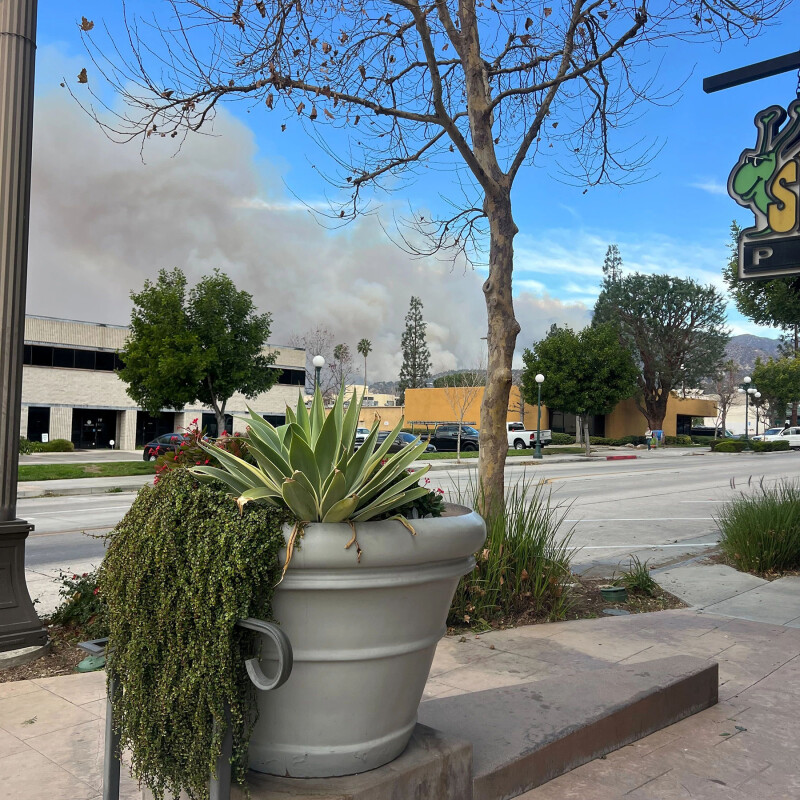Over the past six months alone we’ve watched entire communities be swept away by catastrophic flooding in the mountains of North Carolina, we’ve seen apocalyptic images of more than 55,000 acres of land and 16,000 structures destroyed in California wildfires and we’ve witnessed parts of the Gulf Coast being blanketed under 10 inches of snow.
It’s all too common to think that those “far-off” environmental disasters don’t immediately impact us. But what if they do impact us both directly and indirectly every single day?
What if ongoing environmental disasters are changing how people view their relationship with the planet?
What if the environmental movement is changing how consumers choose to prioritize brands, products and retailers that put people and the planet first?
More specifically, what if run specialty feels that impact every single time a consumer decides to spend, or not spend, their dollar at our stores?
Embracing Sustainability
From a business standpoint, it’s become abundantly clear that brands and retailers alike must embrace the demand coming from consumers to practice sustainability for the long-term benefit of our planet and bottom line.
As societal values begin to change, so has a correlation with general purchasing behaviors. In retail, recent data shows consumer consciousness is shifting towards a focus on sustainable goods, with the newest generation of buyers having an overwhelming preference for sustainable brands and products.
With conscious consumption gaining traction, manufacturers and suppliers must embrace this consumer demand and have begun incorporating more eco-friendly products throughout their collections. At the retailer level, prioritizing and highlighting sustainable items in your product mix can help attract new eco-focused consumers and strengthen loyalty among your current customer base.
Research shows that not only are more buyers looking for sustainably produced products, but that they are willing to pay more for them.
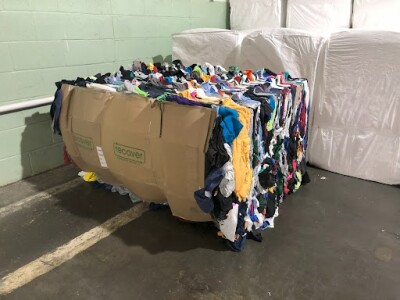
Above and beyond eco-friendly product offerings alone, sustainability initiatives can be the catalyst for increased foot traffic through customer engagement and programming like hosting a plogging run or T-shirt recycling event with Recover’s 360 Closed Loop Apparel Recycling Program as shown in the photo above.
As businesses and retailers, we must understand that starting somewhere and working towards a goal to help the planet is better than not starting at all. Shifting the focus to sustainability offers an opportunity to engage and educate consumers and foster a more substantive dialog about the brands’ efforts.
Step One: Setting A Goal
Keep in mind that with a recentered business approach to environmentally conscious products, consumers and retailers alike must take a proactive role in understanding the difference between a sincere attempt at sustainability and Greenwashing. Our Greenwashing 101 article (Greenwashing 101: recoverbrands.com/a/blog/greenwashing-101) is a great start to understanding what to look for and how to identify the differences.
Beneath all the marketing and consumer buzzwords, the truth is that our planet is facing a climate crisis driven by fossil fuels, consumption habits, deforestation, throw-away culture and water pollution. Many regions, both locally and globally, are already experiencing the severe impacts of these issues.
Ultimately, it is our collective responsibility to take action within our organizations and communities — prioritizing the safety and health of both the planet and its people into our business practices and daily lives.
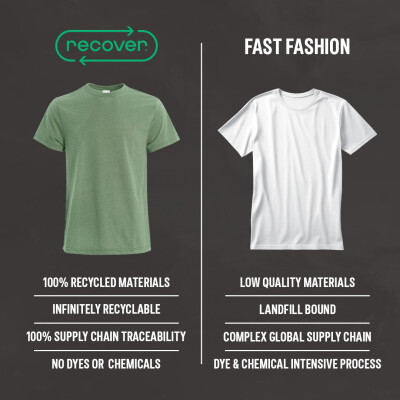
Imagine the environmental impact we could collectively make if just 100 run specialty retailers switched their staff uniforms to a sustainable apparel option … good news, we’ve calculated the environmental savings for you in the above graphic.
We can never be perfect when it comes to sustainability, but there is always a way to begin to incorporate it and strive for better. Sustainability is a group effort that takes all of us.
Incorporating environmental impact into decision-making lays down more substance to the company’s image and initiatives. It creates new avenues where businesses can become sustainable leaders and environmental champions in their communities.
Run specialty stores have long been woven into the fabric of the communities they serve. Leading with a planet-first approach is another way to reinforce that we, as an industry, appreciate and care for the areas where we live, work, play — and run.
